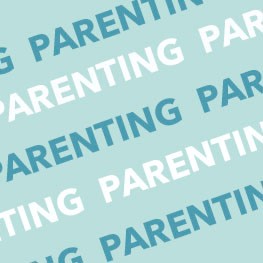
It's time to get into the holiday spirit-parties, gifts and, of course eggnog and other alcoholic beverages. Therefore, this season offers an excellent opportunity to consider whether we are communicating the very best, healthiest messages to our children about drinking alcohol. After all, research continues to support the idea that kids and teens are more influenced by their parents that by anyone else - even peers.
Alcohol typically flows freely at holiday gatherings, and whether or not you realize it, your child, beginning at about 5-years old and continuing well into their 20's, is watching how you behave around alcohol. Their observations and experiences with you will influence their own relationship with alcohol. Therefore, your behavior can have either a positive or negative impact on your child's alcohol consumption.
There are several important ways in which you can have a powerful and positive impact on your child's behavior around alcohol. Consider the following:
I wish you and your children a happy and, most of all, a very, very safe holiday season.
Dr. Susan Bartell is a nationally recognized child and parenting psychologist and author. You can learn more about her at drsusanbartell.com
Editor's Note: It's important to present alcohol in context. While it's never okay to drink to excess, or binge drink at a party, it is socially acceptable and even pleasant to enjoy a glass of wine with friends or family during dinner. It's essential that your children understand the difference between "drinking" and "having something to drink." One is a harmful activity, the other is part of a larger social gathering, done responsibly and in moderation. Keep dialogue open, calm and responsive through all ages and stages, and your teens will feel more comfortable bringing up their questions and concerns to you once they are old enough to be exposed to alcohol in peer settings.
Calgary’s Child Magazine © 2024 Calgary’s Child